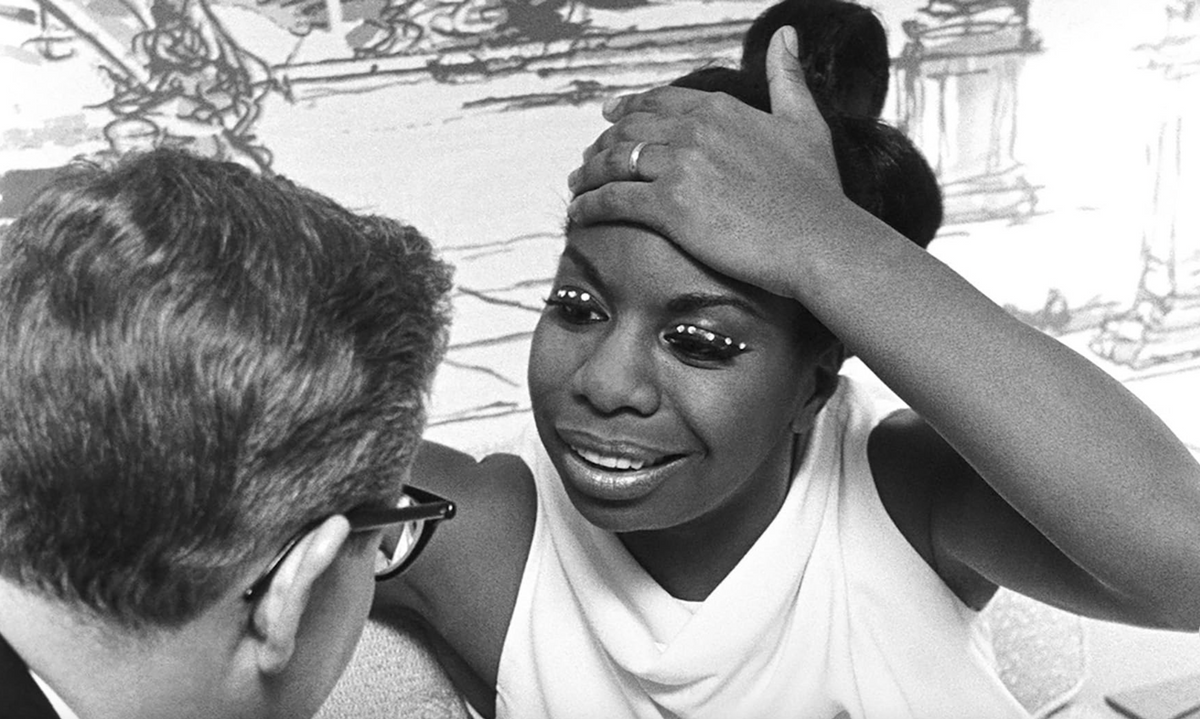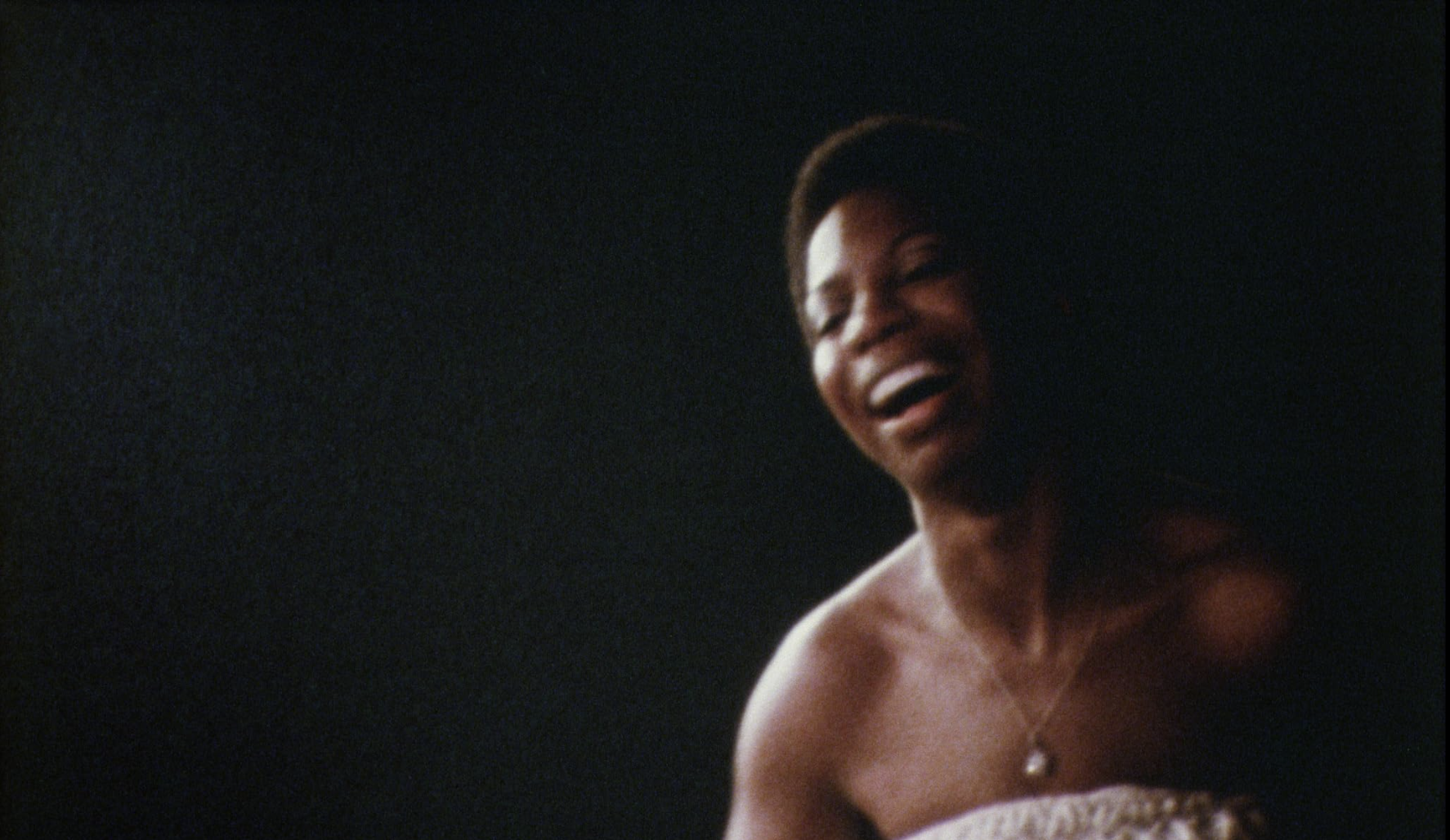What Happened, Miss Simone?

A documentary of the legendary pianist, singer, and activist Nina Simone. Director Liz Garbus uses never-before-heard recordings, rare archival footage, and Nina’s journals in her brilliant and honest documentary.
It's a must-watch on Netflix.
I have always enjoyed listening to Nina Simone. Her voice fills my heart with passion, and she is the Queen of Jazz to me.
Even though she has been on my playlist for a long time, I never knew about her private life nor her civil rights activism.
Thanks to this documentary, we have a better understanding of her way of thinking and her struggle in life. I love her even more!
I made his article for those who want to know more about Nina Simone but can’t watch the documentary on Netflix.
Powerful Start
“But what happened, Miss Simone? Specifically, what happened to your big eyes that quickly veil to hide the loneliness? To your voice that has so little tenderness, yet flows with your commitment to the battle of Life? What happened to you?”
Maya Angelou posed the question in an essay in 1970.
We won’t get straight answers about what happened to the little girl named Eunice Waymon when she became the woman Nina Simone from the documentary. However, we do get a cautionary tale of why artists are here to reflect on the world and social problems but not here to solve those problems.
Nina Simone in Carnegie Hall
Nina wanted to become the first black classical pianist. She was very talented, but the institutional racism hurt her deeply.
In 1955, — to fund her private lessons - she was working at Midtown Bar & Grill in Atlantic City when she was told to sing if she wanted to keep her job. That was her first appearance as Nina Simone.
At her first concert at Carnegie Hall she wrote to her mom: “I’m at Carnegie Hall but I’m not playing Bach.”

My Baby Just Cares For Me
Nina married Andy Stroud, a police detective who quit his job to become Nina’s manager. Quickly after the marriage, the couple welcomed their daughter, Lisa.
Nina Simone’s career was peaking. The family moved to a beautiful house in the New York City suburb of Mount Vernon. They lived a large life, and Nina worked very hard. The constant touring and the fact that her husband psychologically and physically abused her took a mental toll on her.
Andy was brutal with Nina. He was beating her even in front of their daughter. Nina’s marriage was sad and lonely.
“I’ll tell you what freedom is to me: no fear.”
Nina became a pillar of the civil rights movement. Even though her outspokenness was damaging her career, she did feel she found her purpose. After singing “Mississippi Goddam,” the music industry boycotted her records.
Feeling hurt and disappointed, she moved to Barbados first, and after learning that a warrant had been issued for her, she lived in Liberia. Based on the documentary, she enjoyed her time there. When her daughter, Lisa, lived with her, Nina became abusive. Lisa moved back to New York to live with her father instead.
Later, she crisscrossed Europe and eventually settled down in France.
Nina Simone died in 2003 , and she had breast cancer.
Take care, reader!
Thanks for reading me.
The Witty Witch